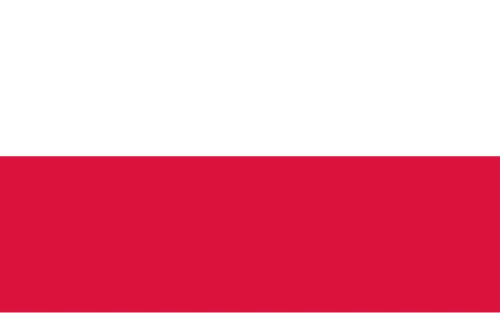
Celebrating Women's Day in Belgium: A Tribute to Empowerment and Equality
Every year on March 8th, International Women's Day is celebrated worldwide, with Belgium being no exception. This significant day serves as a powerful reminder of the ongoing struggle for gender equality and the remarkable achievements of women across various sectors. In this article, we will explore the history, significance, and events surrounding Women's Day in Belgium, highlighting the country's commitment to promoting women's rights and empowerment.
History of Women's Day
International Women's Day originated in the early 20th century, within the context of the labor movement in North America and Europe. The first official celebration was held in 1911 in Austria, Denmark, Germany, and Switzerland. Belgium joined the movement soon after, using this platform to advocate for women's suffrage and improved working conditions.
The Significance of Women's Day in Belgium
In Belgium, Women's Day embodies the spirit of resilience and progress. It provides an opportunity for individuals, organizations, and communities to reflect on the achievements of women and to shine a light on the gender inequalities that persist today. With several laws introduced over the years aimed at improving the status of women, Belgium continuously strives for a society where women can live freely and equally.
Key Themes of International Women's Day
- Equality: Advocating for equal rights and opportunities for all genders.
- Empowerment: Encouraging women to take leadership roles and assert their voices in various spheres of life.
- Awareness: Raising awareness about issues such as domestic violence, pay gaps, and discrimination.
- Action: Inspiring collective and individual action towards making tangible changes in society.
Celebrations and Events in Belgium
Women's Day in Belgium is marked by various events, ranging from marches and discussions to art exhibitions and community gatherings. Organizations and local authorities often collaborate to host events that engage citizens and foster a sense of collective responsibility towards gender equality.
Marches and Demonstrations
One of the most prominent activities on this day is the organized marches in major Belgian cities such as Brussels, Antwerp, and Ghent. These marches aim to unite people in the fight for women's rights while showcasing the diversity and strength of women from all walks of life.
Workshops and Panels
Another crucial aspect of Women's Day in Belgium consists of workshops and panel discussions. These gatherings provide a platform for women to share their stories, discuss challenges, and exchange ideas on how to drive change. They feature guest speakers, activists, and thought leaders who educate attendees on the importance of gender equality.
Community Engagement
Communities across Belgium also engage by organizing smaller events, such as local fairs and cultural performances, to celebrate women’s contributions to society. Schools often participate by organizing educational programs that emphasize the importance of gender equality among younger generations.
Challenges Ahead
Despite the progress made, Belgium still faces challenges regarding gender-based violence, the gender pay gap, and underrepresentation in leadership roles. Women's Day serves as a crucial reminder that the fight for equality is ongoing and requires continuous effort from both men and women.
The Future of Women’s Rights in Belgium
As we look ahead, the focus on women's rights in Belgium remains critical. The government and various NGOs are working tirelessly on policies that promote equality, combat discrimination, and improve working conditions for all women. The engagement of the younger generation is particularly vital for sustaining this momentum. By raising awareness and actively participating in discussions, they can help create a future where gender equality is no longer an aspiration but a reality.
Conclusion
International Women's Day in Belgium is not just a celebration but a call to action. It urges us all to reflect on the past, recognize the present struggles, and commit to creating a more equitable future for women everywhere. Together, we can inspire change and continue the fight for equality.






